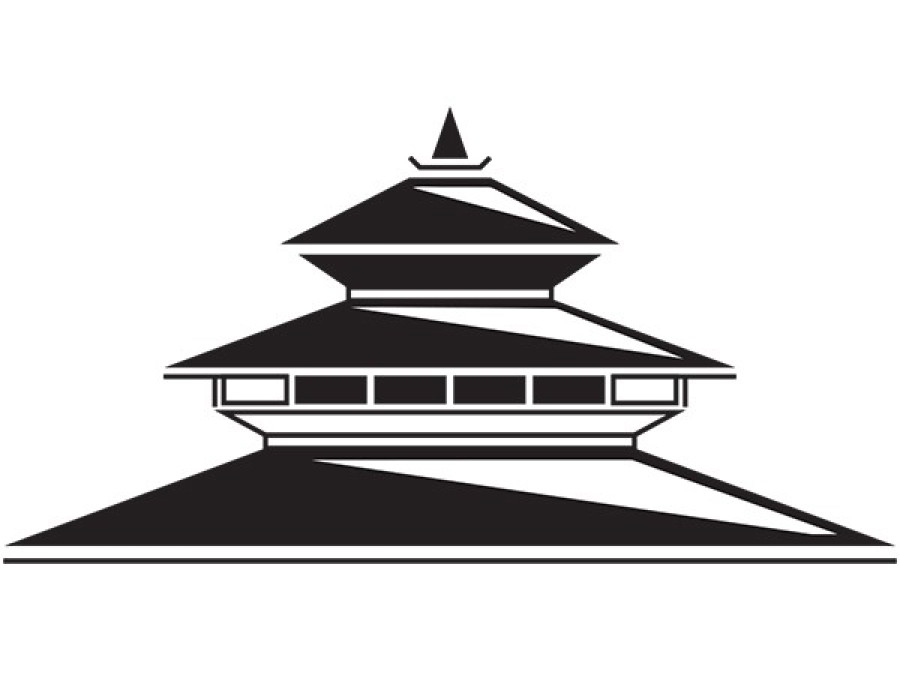Editorial
Linger no further
Delay in forming parliamentary panel would hinder Parliament’s functions
The first meeting of the federal parliament commenced on March 5, three months after the elections. And it took three months thereafter for the Regulations on House of Representatives 2075 and the National Assembly to be endorsed. The process of forming 16 parliamentary committees in the federal parliament has finally been completed. The delay was caused when the ruling and opposition parties were at odds over whether or not to suspend a lawmaker facing judicial custody. This issue has been resolved, but further delay is being caused as the opposition party wants more chairs in the parliamentary committees.
Committees support Parliament’s work. They play a crucial role in the law making process. So the delay in forming parliamentary committees will inevitably impair the functioning of the House; especially at a time when the government has a sizeable mandate and huge expectations to meet.
To begin with, the regulations on the two Houses was delayed owing to differences between the ruling Nepal Communist Party (NCP) and the opposition Nepali Congress (NC) over two main issues. First, while the ruling party was for suspending lawmakers facing judicial custody, the opposition was against suspending Members of Parliament who are on judicial custody. Second, NC has demanded either the Speaker or Deputy Speaker of the Lower House should resign and make way for a candidate who is not a member of the NCP. And now, since the total number of committees to be formed got finalised just four days ago, formation of parliamentary committees in the federal parliament is expected to delay further since NC has been demanding the chair for four out of 16 parliamentary
committees.
Parliamentary Hearing Committee (PHC), Impeachment Recommendation Committee, andPublic Accounts Committee are important committees whose absense has impacted Parliament and the country adversely. For example, the PHC conducts hearings of the nominees for ambassadorial posts or constitutional positions before their appointments. The Constitutional Council has already recommended Deepak Raj Joshee as the Chief Justice (CJ), but his appointment pends because the PHC is yet to be set up. Similarly, various other constitutional positions like chief of the anti-graft body CIAA and ambassadorial positions are vacant.
The government’s inability to form parliamentary committees six months after taking over is alarming, given how significant the role of the committees is to play a check-and-balance role between the legislature and the executive. The absence of the committees hinders the Parliament in carrying out its legislative, representative and overseer’s functions effectively.
The delay and obstruction in forming such committees that have a crucial role in the functioning of the legislative and the executive, does not bode well for a country that is slowly coming out of the transitional imbroglio of the past decade. As much as the ruling party has the responsibility and the wherewithal to push this issue forward after dialogue with all stakeholders, it is also the responsibility, in equal terms, of the opposition party to ensure that they do not disrupt the smooth functioning of Parliamentary affairs, of which the parliamentary committees are an important part.




 9.6°C Kathmandu
9.6°C Kathmandu














